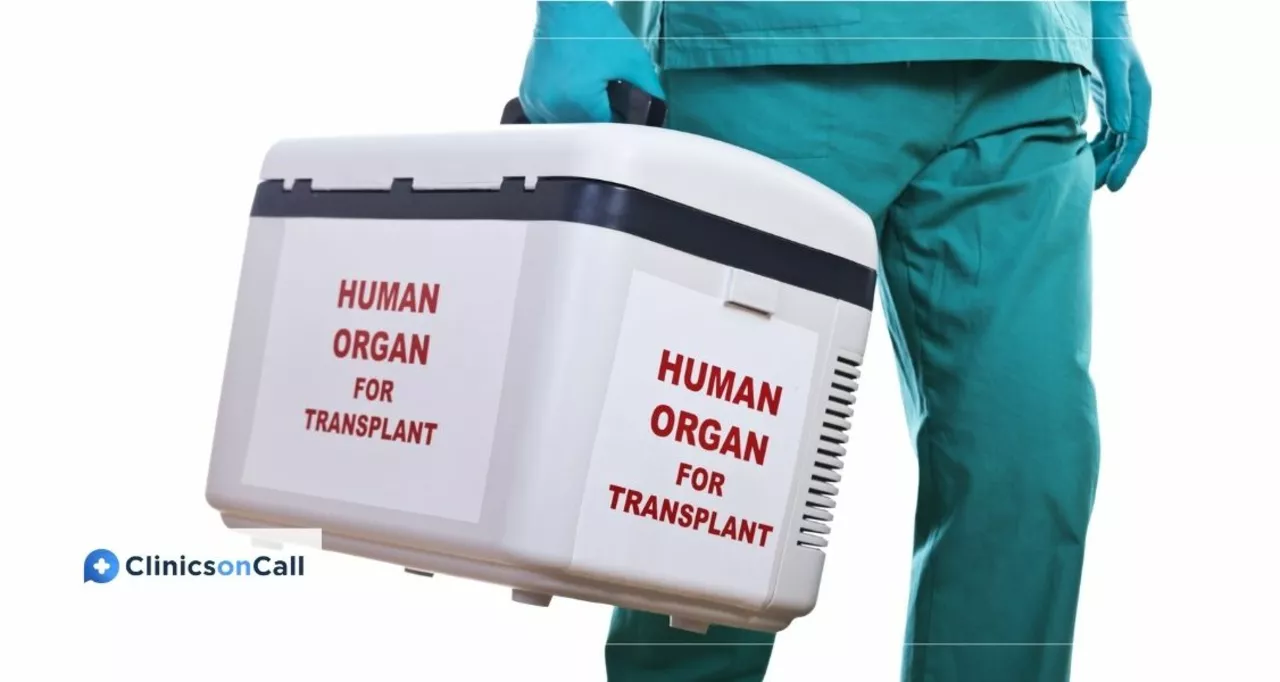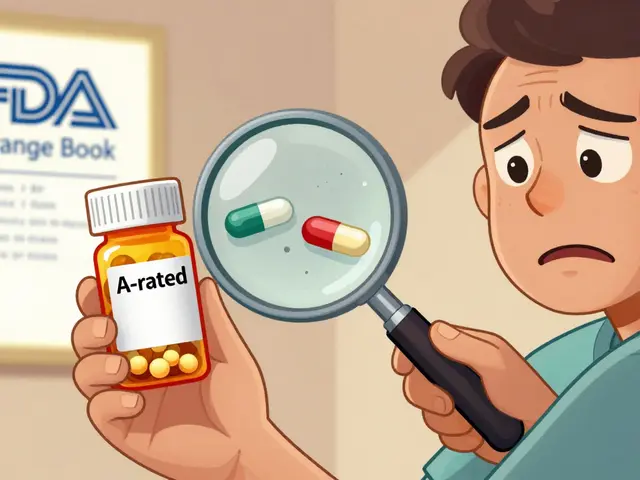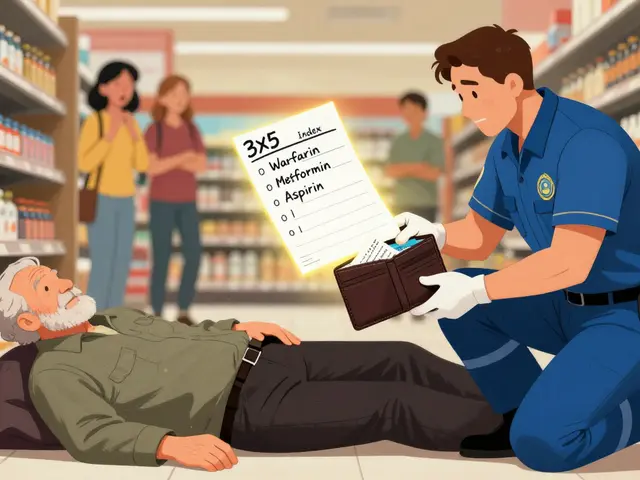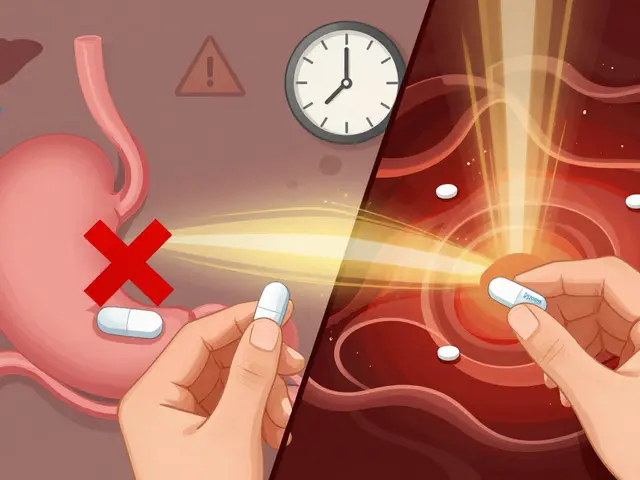Transplant care: real-world tips to protect your graft and stay healthy
Just had a transplant or helping someone who did? The first weeks and months set the tone for long-term success. This page gives short, practical advice you can use today — how to handle medications, spot trouble, avoid infections, and cut costs safely without gambling with dodgy pharmacies.
Medication and lab management
Immunosuppressants are the backbone of transplant care. Take them exactly when prescribed. Missing a dose or doubling up changes drug levels and can harm the graft. Use a pillbox, phone alarms, or a timed dispenser. Keep a medication list with doses, times, and the reason for each drug so emergency staff know what you’re on.
Regular blood tests are not optional. Labs tell your team whether doses are right or if interactions are happening. Bring recent lab results to every clinic visit and ask for plain-language targets for drug levels. If labs suggest a change, ask how quickly you should expect symptoms or side effects to improve or appear.
Watch for common interactions. Antibiotics, antifungals, antacids, and herbal products (especially St. John’s wort) can raise or lower immunosuppressant levels. Before starting any new medication — even over-the-counter remedies or supplements — call your transplant pharmacist or clinic.
Preventing infections & everyday safety
Infection prevention matters more after transplant. Simple steps work: wash hands often, stay away from sick people, and avoid crowded places during high-risk periods. Food safety matters too — avoid raw seafood, undercooked meat, and unpasteurized dairy until your team says it’s safe.
Vaccinations help but timing is key. Live vaccines are usually off-limits after transplant. Keep a vaccination record and talk to your clinic about safe timing for flu, pneumococcal, and COVID shots.
Skin checks matter. Many transplant meds increase sun sensitivity and cancer risk. Use SPF 30+, wear a hat, and see a dermatologist yearly or sooner for new bumps or changing moles.
Travel planning: bring extra meds and a signed medication list from your clinic. Store meds according to label instructions — some need refrigeration. Know where to get urgent care at your destination and carry your transplant center’s contact info.
Cost and prescriptions: if price is an issue, ask the transplant social worker or pharmacist about manufacturer programs, coupons, or generic options. Use only reputable pharmacies. If you buy online, verify the pharmacy is licensed, requires a prescription, and has clear contact details. Scams sell fake meds that risk rejection or severe side effects.
Know red flags that need immediate attention: fever, sudden pain or swelling near the graft, decreased urine output for kidney recipients, breathing trouble, severe diarrhea, or any new neurological symptoms. Call your transplant team first — they’ll tell you whether to come in or go to the ER.
Finally, don’t ignore mood changes. Anxiety and depression after transplant are common and treatable. Talk to your care team about counseling or support groups — keeping your head healthy helps protect your body and your graft.

Organ Rejection and the Role of Social Support in Transplant Care
As a blogger, I've recently delved into the topic of organ rejection and the role social support plays in transplant care. Organ rejection occurs when the immune system attacks the transplanted organ, leading to potential complications or failure. Social support, including emotional, informational, and practical assistance, is crucial in helping transplant patients cope with this challenging process. It's essential for the medical community to be aware of the importance of social support in transplant care, as it can significantly impact patients' recovery and overall well-being. In my research, I've discovered that fostering strong support systems can ultimately improve transplant outcomes and patients' quality of life.
View More




